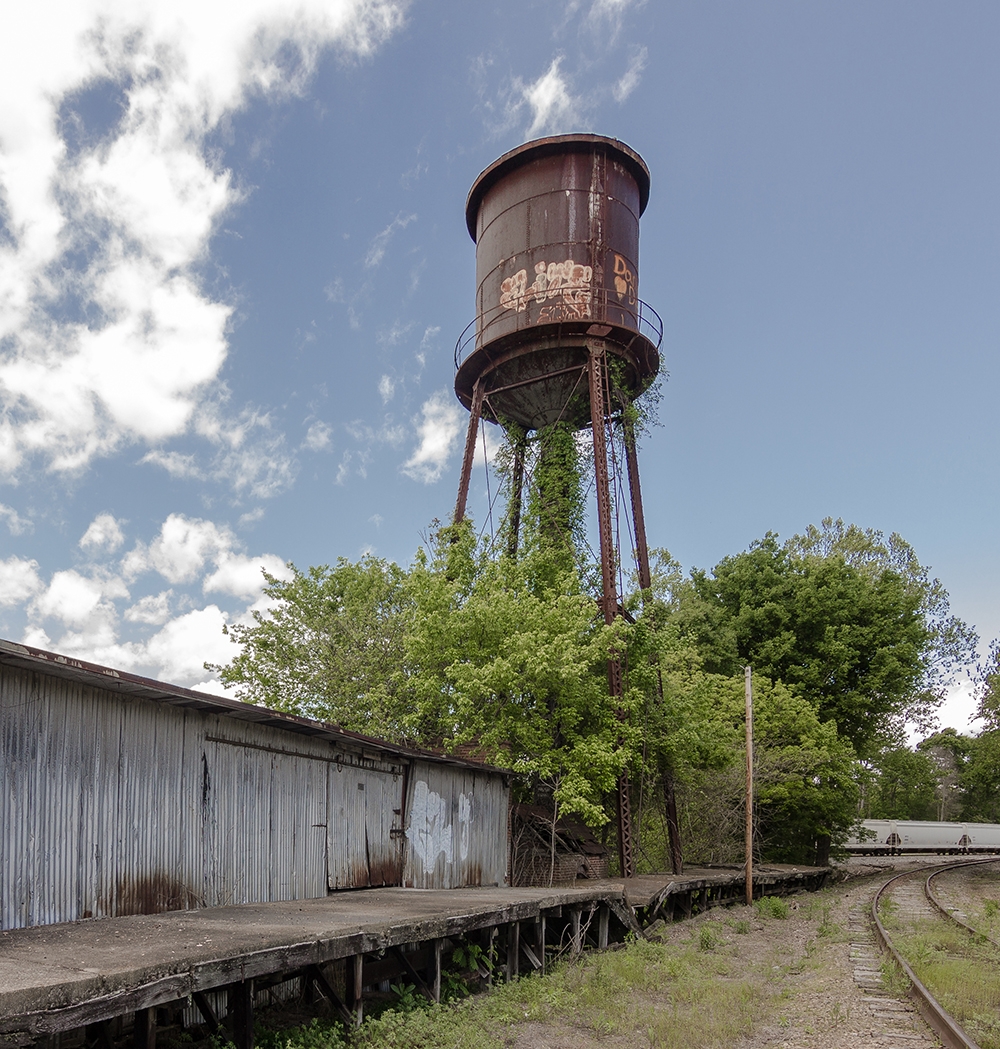Abstract
Recent research on environmental inequality has extended its focus from ongoing pollution to legacy pollution by examining the geography of industrial brownfields, defined as nonproductive, contaminated land. This article is the first extensive brownfield analysis for a European country from an environmental inequality perspective, exploiting the political momentum in France where brownfield restoration has become a national priority. In doing so, we combine data on over 7,200 industrial brownfields from the 2022 geodatabase ‘Cartofriches’ with socio-economic variables at the municipality level. We demonstrate communities with higher percentages of foreign-born and unemployed persons are disproportionately more likely to be located near brownfields. The social gradient increases significantly in communities that host many brownfields, the so-called hotspots. There is an inverted U-shaped relationship with income, with a positive correlation until the 75th percentile (C23,700 annually). These findings are robust to different controls, including across urban and rural areas, though with regional differences. Further, we also account for the location of noxious industrial facilities sourced from the E-PRTR database to show the existence of cumulative impacts of environmental risks. Our analysis provides crucial entry points for restorative environmental justice considerations and has important implications for Europe’s just transition and cohesion policies.



